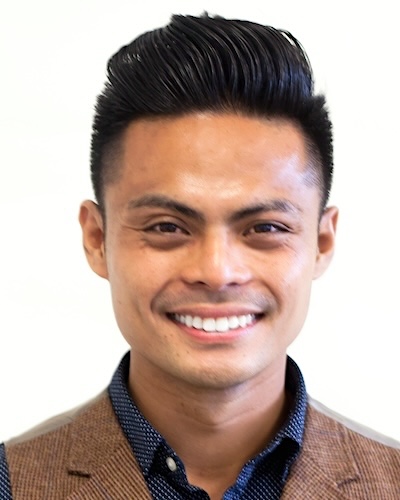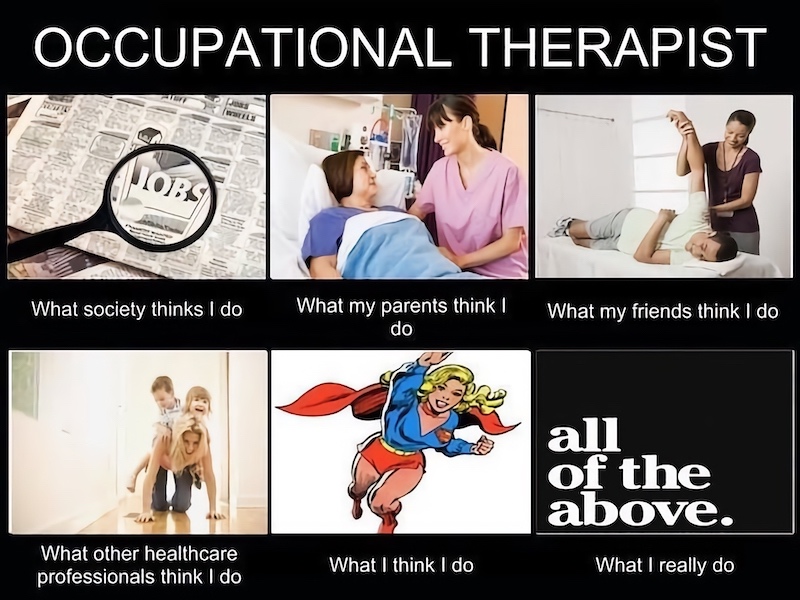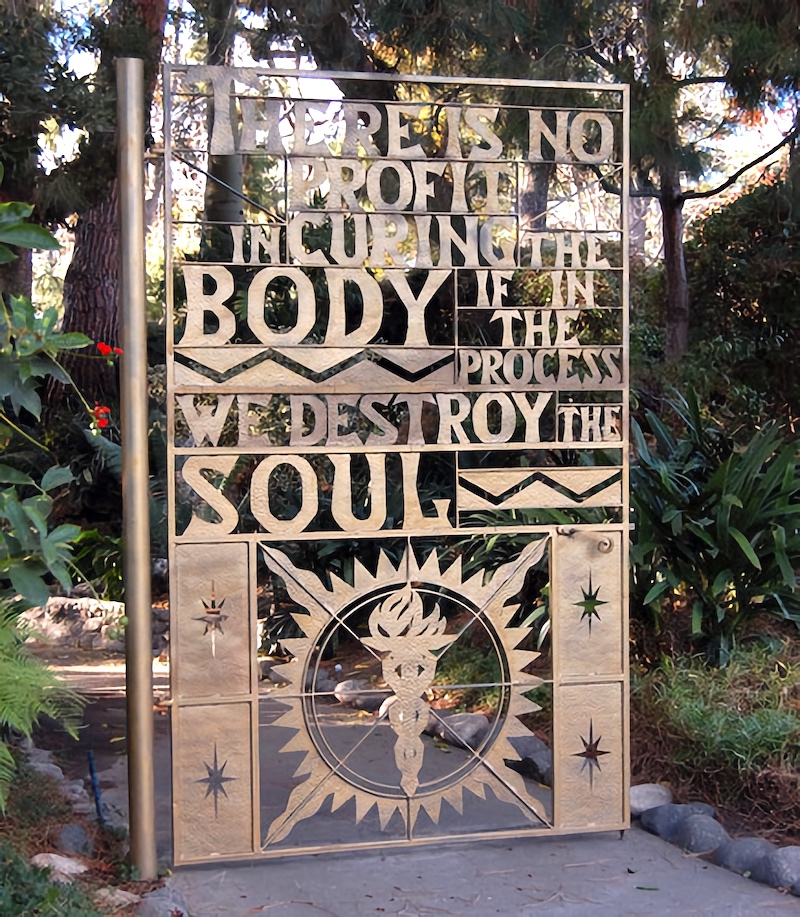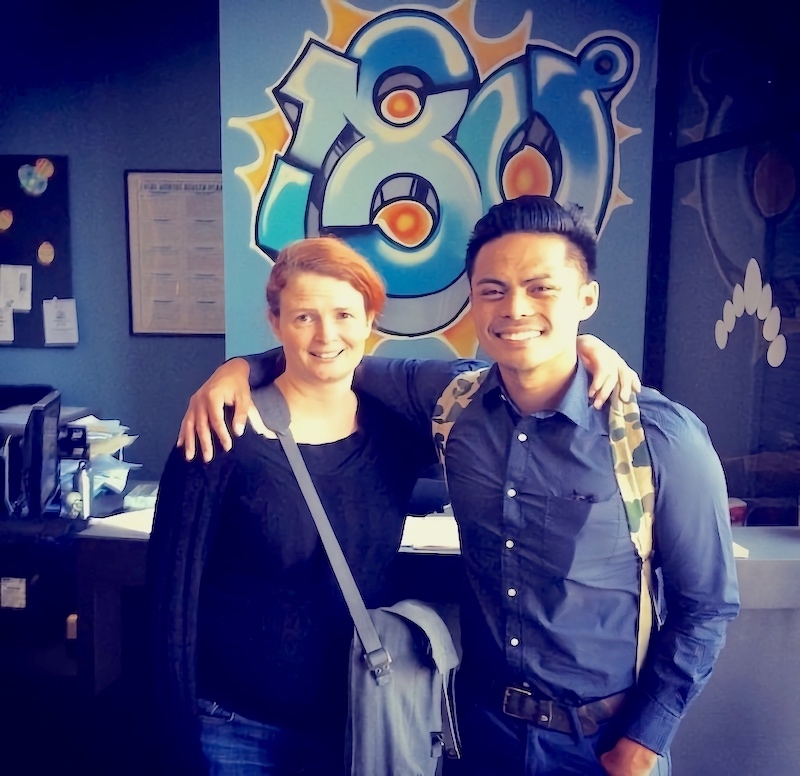Say whattttt, that’s occupational therapy!?

February 3, 2015
by Jonathan
It’s an age old question: what is occupational therapy? Funny enough, I ran across this on Facebook the other day:

Point being, occupational therapy is a vast field with many faces. An occupational therapist can work with a variety of individuals across a number of diverse settings. With that said, I think it’s because of this reason that it’s a challenge to find an all-encompassing definition of exactly what it is that we do. In my own experiences, my definition of OT is constantly evolving the more I am exposed to the different things that an occupational therapist can do. Just to give you a better idea of the many hats that OTs can wear, I will talk about some of my own experiences regarding occupational therapy and the various outlets I’ve had the privilege of applying my passion towards.
My first level I fieldwork was at City of Hope. Oncology is an emerging field in occupational therapy, and this was something I’ve always wanted to explore because I’ve always had a passion for working with individuals who have cancer. Over at City of Hope, I was doing a number of different OT interventions, such as mirror therapy, ADL/IADL training, therapeutic exercise, and energy conservation techniques. I remember one of my patients was a Mother. I remember her telling me during our sessions together that it was not the cancer itself that was the most challenging aspect, it was more so her frustrations of feeling that she was not able to engage in the roles and occupations that were meaningful to her. Specifically, she felt like she could not be the Mother she wanted to be, and she could not live the active lifestyle she had desired, because she did not the same energy she once had to undertake these ventures. Thus, in her therapy sessions we would work on energy conservation techniques and we would find ways to build her activity tolerance, so that way she felt more connected to who she was while battling her cancer. The context of occupation engaged her in therapy, and I really enjoyed my time working with her. Here’s a picture of my favorite place at City of Hope, the Golter Gate.

Golter Gate at City of Hope
My second level I fieldwork was at Project 180. It was over here that I was working with individuals who were incarcerated or who were at risk for incarceration. I remember watching a 30 days documentary by Morgan Spurlock, and he mentioned a statistic that 2 out of every 3 individuals who are incarcerated will be readmitted back into prison. Thus, Project 180 aims to help these individuals who are at risk for incarceration develop the skills that they need in order to successfully reintegrate into the community. The interventions I was doing consisted of a number of things, including helping an individual find a job, develop a skill set for maintaining a job, helping an individual reconnect to their family, and basically supporting these individuals to turn the chapter and recreate a new life story that they could be proud of. Here I am with my friend Amy, on our last day at Project 180.

Project 180
I’ve mentioned my time at the Honolulu VA in my previous blogs. It was over here that I was able to work with the heroes who have served our country in inpatient, outpatient, and home based primary care settings. Over here, I was able to help veterans rehabilitate injuries utilizing the occupations that they loved to do. Last semester, I did my level I FW in Pediatrics at NJA therapy services, where I was helping children with special needs in both school based and outpatient settings. Over here, I was utilizing interventions such as fine motor exercises, sensory integration, and ADL training to help these children live a life to their fullest potential. This semester, I’m working with individuals who have multiple sclerosis utilizing a lifestyle redesign model. In doing so, I’m putting in my 100% effort to help my participants reach their meaningful goals, and am supporting these individuals to connect to the occupations that provide them meaning.
Based on my experiences, here is my definition of OT: we are a health profession that helps an individual reach their meaningful goals and fullest potential utilizing meaningful activity. This can be through prevention or rehabilitation, but ultimately we use the context of occupation to help an individual get to where they want to be. We look at a number of factors, including social/physical environment, support systems, personal strengths, and participation patterns, to help an individual overcome the challenges that prevent them from doing what they would like to do. We utilize our skill set to help the people we work with, and put forth our efforts to empower these individuals to live a life engaged in the occupations that give them meaning.
With that said, I pose this question to you: What’s your personal definition of OT? 😊
— Jonathan
⋯
Next by tag Fieldwork ⟩ What are OS/OT? ⟩
⋯





